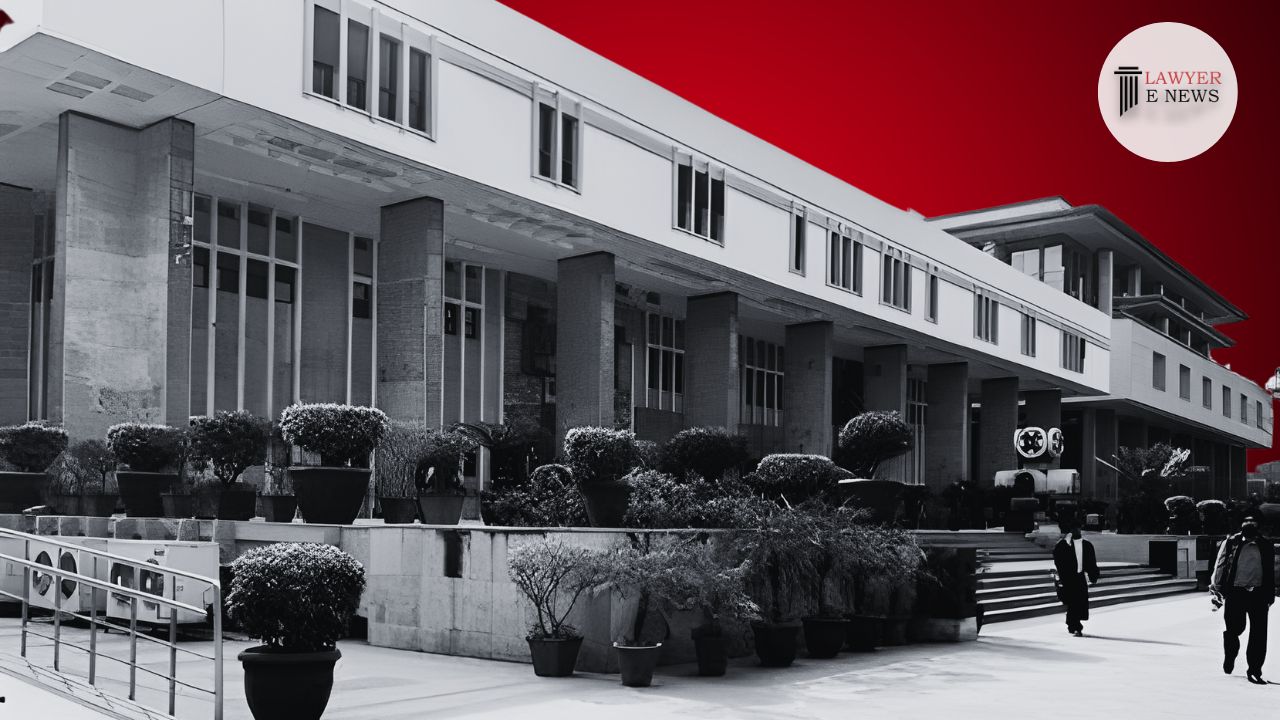-
by Admin
15 February 2026 5:35 AM



Central Administrative Tribunal directs Union of India to regularize services of Stenographer Grade-D employees, condemns administrative objections as undermining judicial independence.
In a significant ruling, the Central Administrative Tribunal (CAT), Principal Bench, New Delhi, has ordered the regularization of Stenographer Grade-D employees who have been serving on an adhoc basis for over eleven years. The bench, comprising Hon’ble Mr. R.N. Singh and Hon’ble Mr. Tarun Shridhar, found the alteration of the terms of their service to a contractual basis with reduced remuneration as arbitrary and violative of Articles 14 and 16 of the Constitution of India.
The applicants, appointed as Stenographer Grade-D on an adhoc basis at the CAT, contested the alteration of their service terms which transitioned their appointments to a contractual basis with reduced pay. Initially appointed through a fair selection process facilitated by the employment exchange in 2012, they continued their service uninterruptedly, albeit with artificial breaks, until a new order in February 2023 changed their employment terms, prompting them to seek judicial relief.
Credibility of Initial Appointment and Service: The Tribunal emphasized the legitimacy of the initial appointments made with the approval of the Chairman of CAT, highlighting that these appointments were made through an open and transparent process. “The applicant was appointed through a fair selection process and has continuously served for over eleven years without any adverse performance remarks,” noted the bench.
Impact of Administrative Objections: The court criticized the frequent administrative objections raised by the PAO of CAT, which led to the alteration of the terms of service. “Does the PAO enjoy an authority superior to the Hon’ble Chairman, CAT and could his objection be a sufficient ground to alter the terms and conditions to the disadvantage of the applicant after more than 11 long years of service?” the bench questioned, stressing the absurdity and contemptuous nature of such administrative objections.
Judicial Independence and Functional Autonomy: The judgment extensively discussed the principles of judicial independence and the functional autonomy of the Tribunal. Citing precedents like Union of India vs. R. Gandhi and Rojer Mathew vs. South Indian Bank Limited, the bench asserted that the Tribunal must not function under the control of the executive in matters of day-to-day administration and financial independence. “Such a situation strikes at the foundation of the rule of law and severely compromises judicial independence,” the court remarked.
The Tribunal’s decision was heavily guided by principles of equality and non-discrimination. The court underscored that similar employees had been regularized in the past, and there was no justification to treat the current applicants differently. “We cannot, under any circumstances, allow a situation where the order/decision, even though administrative, of the Chairman, CAT who ‘is or has been a judge of a High Court’ to be overruled by an official of the Government,” stated the bench.
Justice Tarun Shridhar observed, “The engagement of the applicant as Stenographer Grade-D on adhoc/contract basis with intermittent break is arbitrary and violative of the provisions of Articles 14 and 16 of the Constitution of India.” Further, the judgment highlighted, “The Tribunal should not function as another department under the control of the executive, thereby ensuring the independence and credibility of the judicial process.”
The CAT’s ruling to regularize the applicants from the date of their initial engagement sets a crucial precedent in protecting the rights of adhoc employees in public employment. By addressing the undue administrative influence and reaffirming judicial independence, this landmark decision reinforces the legal framework for fair employment practices within the judiciary.
Date of Decision: April 26, 2024
Stenographer Grade-D (Adhoc Basis) vs. Union of India and Central Administrative Tribunal
